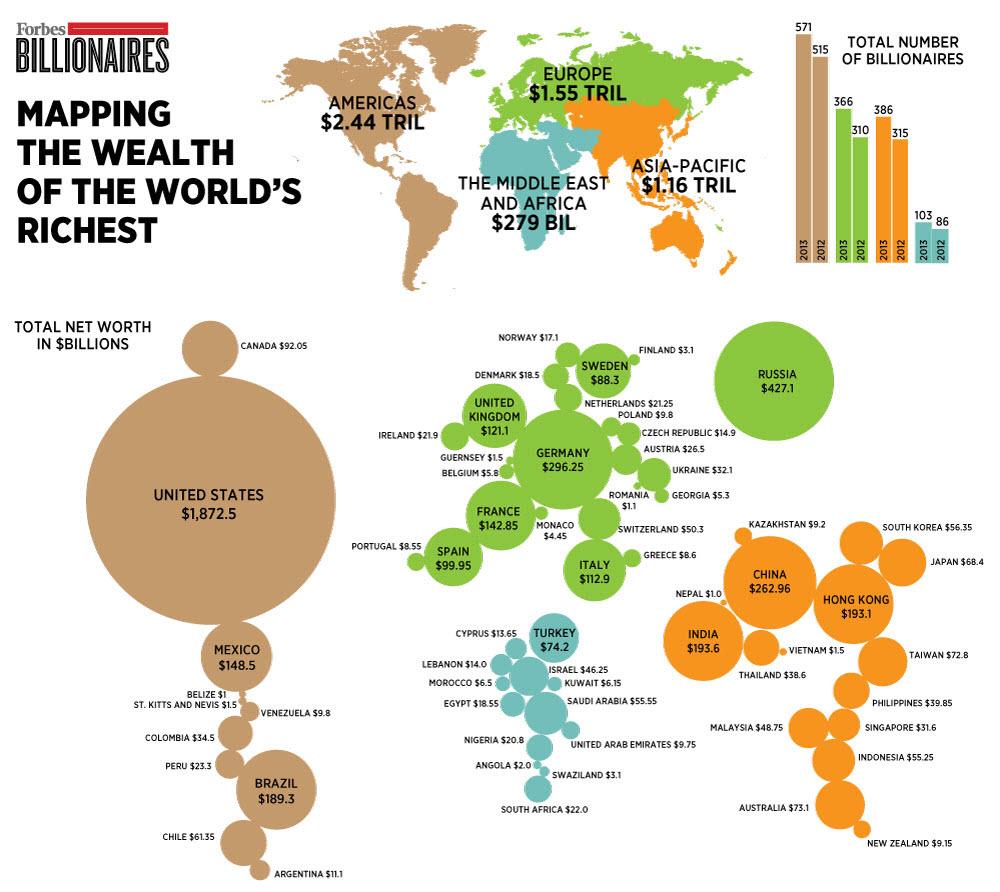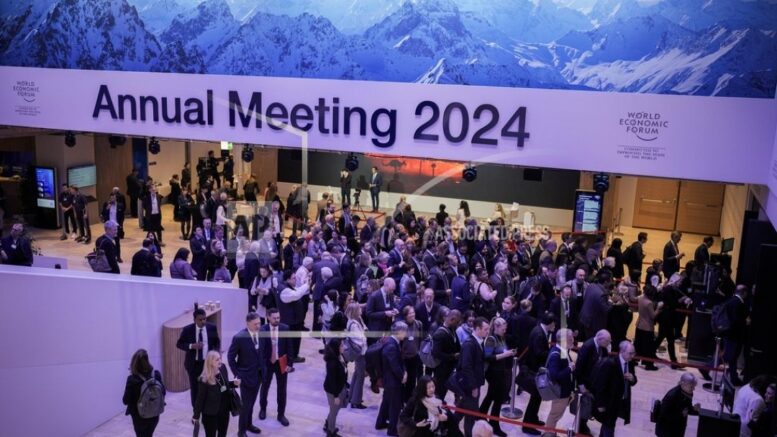Elite Coordination: Imagine a world where a small group of wealthy, powerful people quietly works to reshape society, positioning themselves as the ruling class. No concrete evidence proves such a group exists, but the possibility is worth exploring, given today’s technology and historical patterns. Could a coordinated elite, like the hypothetical New Order Syndicate (NOS), use modern tools to control society? Let’s dive into this idea and what history tells us.
Elite Coordination’s Modern Tools: AI and Digital IDs
Today’s technology could make such a elite coordination group possible. Artificial Intelligence (AI), a system that mimics human thinking, is incredibly powerful, processing 2.5 quintillion bytes of data daily—more than all the stars in the Milky Way. Forbes. This speed and scale allow AI to monitor populations and predict behavior, as seen in U.S. border security systems. Brookings. Digital IDs, digital versions of identification like passports, could create vast surveillance networks, raising privacy concerns. ACLU. With the top 1% owning 50% of global wealth (Oxfam, 2023) and forums like the World Economic Forum (WEF) connecting elites—over 2,600 attended Davos in 2023—the groundwork for coordination exists. CPUSA.
History’s Lessons: Elites Coordination Seeking Control
History shows elite coordination groups trying to establish lasting ruling classes. ElIn feudal Europe, lords controlled land and politics, dominating serfs—poor workers tied to the land. Wikipedia. In ancient Rome, slave owners used wealth to shape politics. Marxist philosophy describes the capitalist class, which owns businesses and factories, as shaping society through economic power, now global due to interconnected markets. Science Direct. The Roman Optimates fought reforms to keep aristocratic power, sparking civil wars. The Concert of Europe (1815–1914) saw monarchs unite to suppress revolutions, but nationalist uprisings and World War I ended their grip. Britannica. In the U.S. Gilded Age, Robber Barons like Rockefeller built monopolies, facing push-back from antitrust laws. Totalitarian regimes like Nazi Germany and the Soviet Union used ideology to enforce hierarchies, but collapsed under external and internal pressures. NCBI. These examples show elites coordination can gain temporary control, but resistance and flaws often undo them.

The NOS Scenario: A Modern Twist
Picture the NOS: 200 ultra-wealthy individuals controlling $5 trillion and 40% of digital infrastructure. They could use AI and digital IDs to manage resources, tying them to Universal Basic Income (UBI)—a guaranteed income for all—to enforce compliance with Environmental, Social, and Governance (ESG) standards, rules measuring a company’s societal and environmental impact. Technocratic governance, where AI-driven policies rule, and media campaigns could normalize their vision, prioritizing collective goals over individual rights. This aligns with current trends like European Union (EU) digital ID trials and World Economic Forums (WEF’s) stakeholder capitalism, where businesses serve broader communities. The NOS would operate secretly, using encrypted platforms and blockchain—a secure digital ledger—for coordination.

Questions to Ponder: Thought-Provoking Considerations and Comparison
Could AI and digital IDs give elites unprecedented control, surpassing feudal lords or Gilded Age tycoons? Or will resistance, like historical revolts, stop them? Global wealth concentration and forums like Davos suggest a fertile ground for such a group, but transparency is key to preventing abuse. Are we seeing a new ruling class forming or formed, or is this just distrust of elites? How do we balance technology’s benefits with its risks? These questions urge us to think critically about power in our world.
| Aspect | Historical Examples | Modern Possibilities (NOS) |
| Power Base | Land, capital, state control | AI, digital IDs, global economic networks |
| Coordination | Congresses, patronage, ideology | Encrypted platforms, WEF, blockchain |
| Control Mechanism | Taxes, laws, military force | Surveillance, UBI, media influence |
| Resistance | Revolts, antitrust laws, wars | Digital activism, social media, populism |
| Outcome | Often temporary, faced collapse | Potential for longevity, but uncertain |
This comparison shows modern tools could make elite coordination stronger, yet challenges persist.
In summary, a group like NOS is plausible, given today’s technology and historical patterns. Whether it exists is unclear, but the possibility demands we stay vigilant, ensuring technology serves everyone, not just a few. Form your own opinion—what do you think about power in our world?






